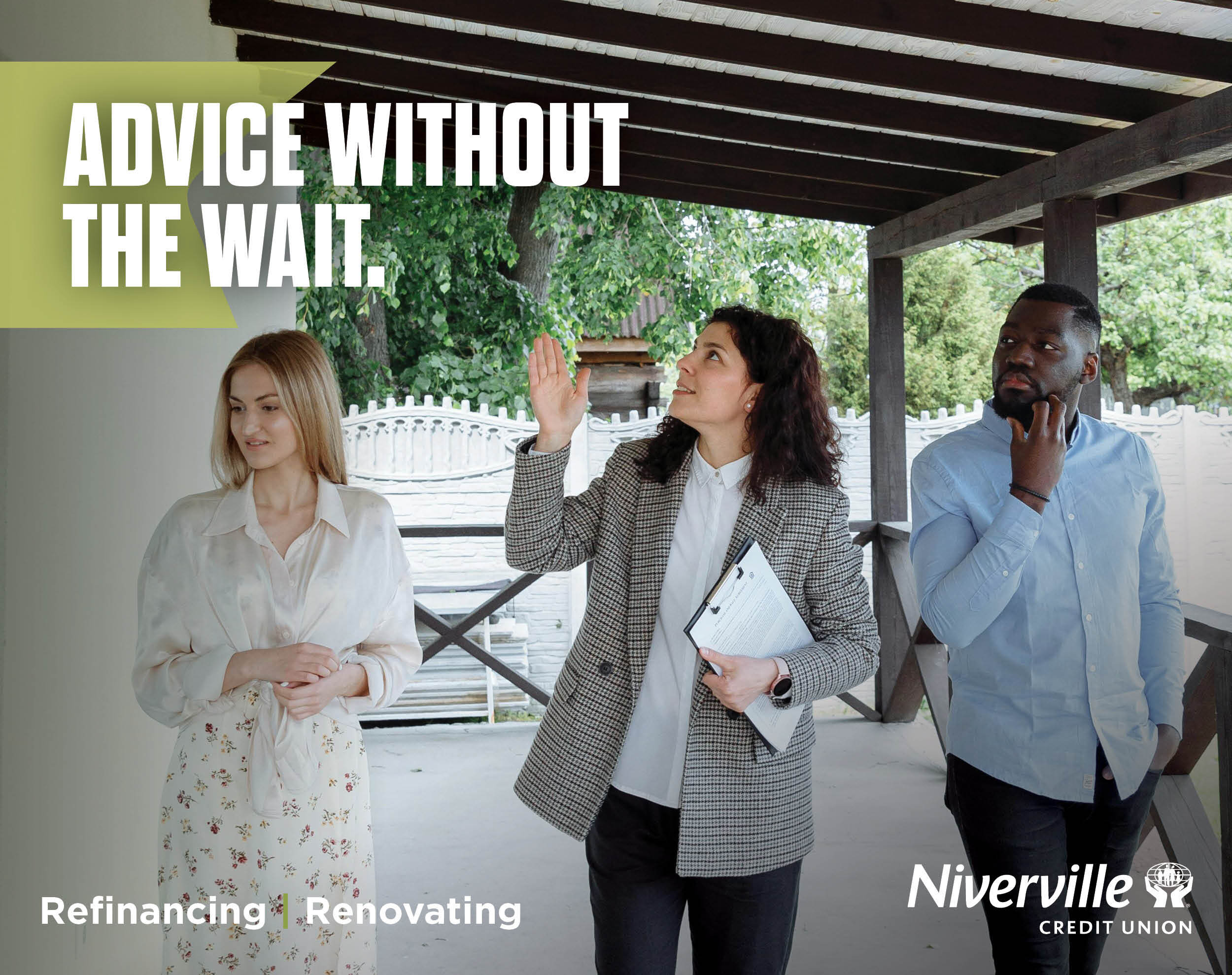
Religion is an important part of the lives of many Canadians. Historically, a majority of Canadians have identified as Christian of one variety or another. Religions hold a complex, multifaceted role in people’s lives—as social support, as source of inspiration and guidance, and as a centre for worship, prayer, and other spiritual activities. For some people, their religious identity is their primary identity, more important to them than their race or country, and their foundation of meaning and strength.
However, for others their experience of religion has brought them a lifetime of pain, isolation, and abuse.
Religious Trauma Syndrome refers to persistent psychological harm caused by a person’s experiences in or with a religious community or belief system. The term was coined by psychologist Dr. Marlene Winell, who has worked with survivors of religious trauma for more than thirty years and literally wrote the book on the subject: Leaving the Fold: A Guide for Former Fundamentalists and Others Leaving Their Religion.
Religious trauma has symptoms similar to complex post-traumatic stress disorder (PTSD), but what is unique about religious trauma is twofold: its origins (usually the result of experiences in one’s religious community) and its manifestation (usually overwhelming religious guilt and fear of damnation).
People can develop religious trauma in a variety of ways, but some are more common than others. Individuals who are LGBTQ+ may find themselves being shamed or rejected for their sexual orientation and/or gender identity. People may be subjected to psychologically damaging systems of belief such as threats of hell, which leads to debilitating anxiety and obsessions with avoiding damnation (and in some cases, contributing to the formation of conditions like obsessive compulsive disorder).
Religious trauma can also develop as a result of emotional, sexual, physical, or financial abuse or manipulation by a trusted member of the church or clergy. These incidents may occur as a single event, as a series of repeated events, or even as an ongoing part of the background culture of the belief system, barely noticed even when it’s slowly causing harm until the damage builds up to a noticeable level.
These causes can be amplified by the doctrines of the religion itself. For instance, numerous passages in the Bible refer to how Christians are to be behave self-sacrificially, “dying to themselves” for the sake of others, and these passages have surely inspired actions of bravery, compassion, and selflessness in uncountable numbers. Yet, as many who have experienced religious trauma can attest, these passages have also been used to manipulate them into suffering abuse—and staying silent about these abuses afterward.
One of the reasons why religious trauma can impact people so strongly is because of what Dr. Winell calls the “shattered assumption framework.” An assumption framework is a collection of beliefs we hold about the way the world works and our place in that world. These beliefs ground us, make us feel safe, and help us make sense of the things that happen to us and around us. When we experience events that cause religious trauma, that assumption framework can be damaged, even broken. We can feel adrift and uncertain about the world, and anxious about our place and future in it.
Traumatic experiences can shatter our assumption framework, making us realize that our beliefs about the world may not have been correct. On the other hand, leaving a belief system can also be a traumatic experience all on its own, and result in more traumatic experiences down the road.
A significant number of people who are identified as having religious trauma are those who have left their faith. When someone begins questioning their religious beliefs, they may begin to go through a process of “deconstruction.” Deconstruction refers to the critical examination of religious beliefs and claims, and determining if these beliefs may be beneficial or harmful, or even if they are true at all.
For some, the process of deconstruction may result in them leaving their faith altogether, also known as deconversion. Deconversion brings additional challenges. Dr. Winell points out that leaving a religion that has served as a major pillar of one’s assumption framework can be terrifying and result in strong feelings of guilt, shame, and distress.
While deconstructing and deconverting can be difficult, even painful, the most traumatic part of these processes is often the response from the religious community. Individuals who deconstruct or deconvert frequently report experiencing judgment or being ostracized from their religious community, even before they make a decision to leave. They may experience rejection by clergy members or people with whom they’ve formerly enjoyed close relationships, even family members. This sudden loss of community in the midst of an already difficult process can cause people to become isolated, and it makes recovering from religious trauma all the more difficult.
Religious trauma is real. Many people struggle with it, and perhaps one of them is you. Please know: it didn’t happen because you were selfish or sinful. It happened because trauma and pain are human experiences, and human experiences are part of the cost of doing business on planet earth.
If you believe you may be experiencing religious trauma, there are steps you can take to work on your recovery.
First, acknowledge the reality of what happened to you. So much of religious trauma is a result of secrecy, manipulation, and internalized shame. Naming these experiences can be a powerful step towards healing.
Next, consider seeking out an accredited secular therapist to help you deal both with your religious trauma and with the psychological fallout it may have caused. You can find a local psychotherapist online (see below), many of whom have a trauma-focused approach.
For those who choose to leave a religious tradition, or if you’ve already left and are dealing with the psychological and relational fallout, seek out community where you can. This may not look like it did before. Your Sunday mornings may feel a little empty, and you may not have contact with everyone you used to. Consider looking for humanist communities, which have been popping up online and in the real world for the past few decades. These groups can help fill the need for community and relationship we all have.
For those who choose to stay in a religious tradition, your path to wellness may be even more challenging, especially if members of your community downplay or dismiss your experiences. Consider moving to a more progressive denomination, one in which you feel more welcome and heard. Look online for other communities who will likely be able to relate to your journey. Or you may choose to pursue a more personal spirituality untethered to any one religious system. Many people have found this to be a meaningful pursuit, and one that brings physical and psychological benefits.
In 2021, the latest census by Statistics Canada revealed that religious affiliation in this country is shrinking at a rapid rate. The religiously unaffiliated—including atheists, agnostics, and humanists—grew to 34.6 percent this past year from roughly 16.2 percent 20 years earlier. While the reason for the growth of these groups is still being explored, data from other countries show that at least some of these are leaving their religious folds with religious trauma in tow.
Even if you haven’t yourself experienced religious trauma, understanding the experiences of those who do—and what could help people heal from their trauma—will only benefit your relationships with others and allow you to become more compassionate, empathic, and understanding.
And someday it may help you if you find yourself in a similar position.




















